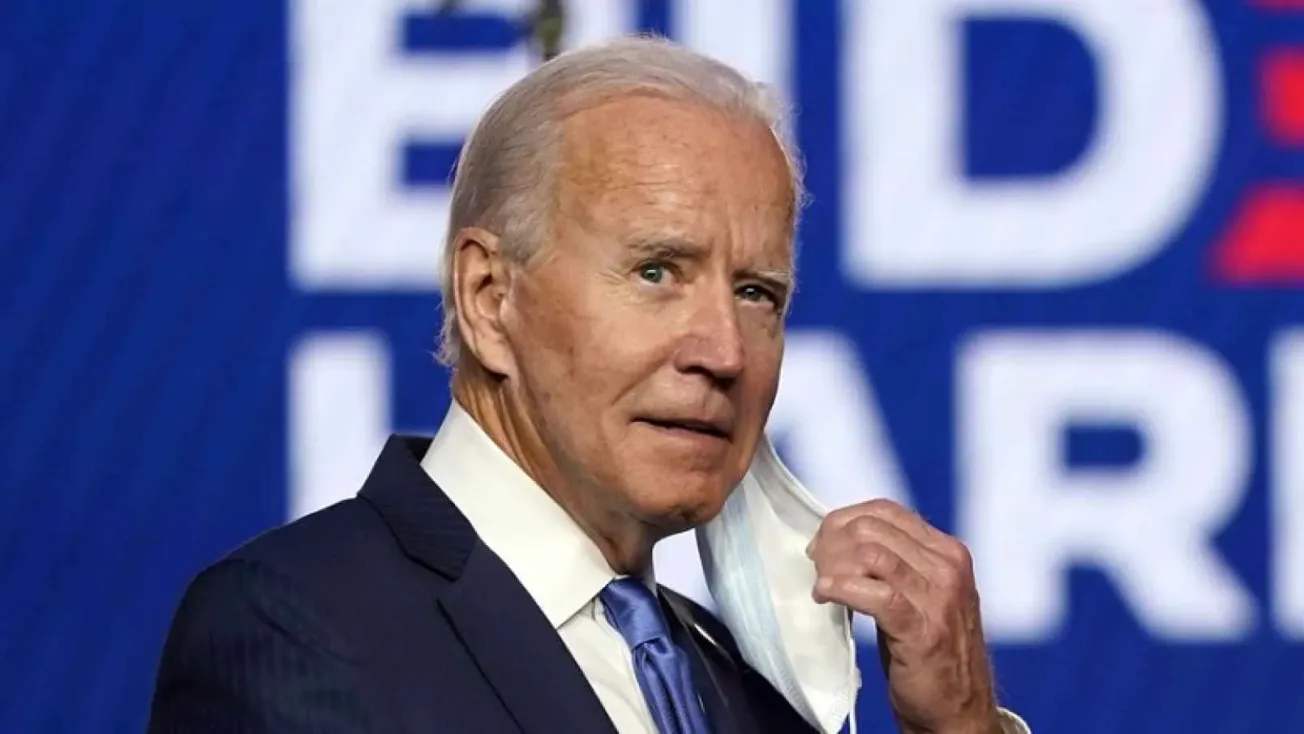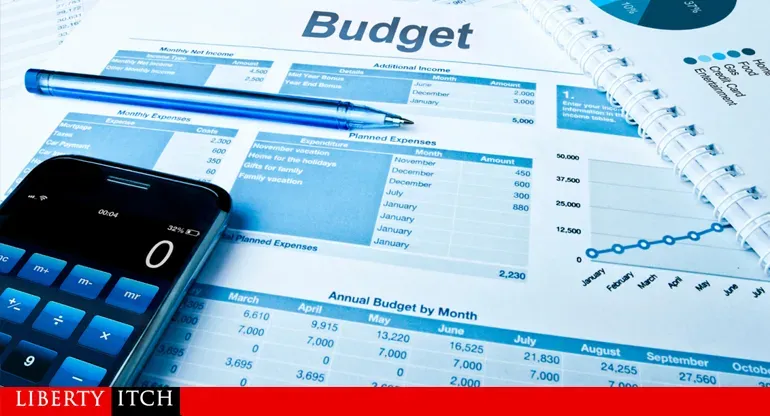Table of Contents
Joe Schaeffer
libertynation.com
Political Columnist at LibertyNation.com Joe Schaeffer is a veteran journalist with 20+ years’ experience. He spent 15 years with the Washington Times, including 8+ years as managing editor of the newspaper’s popular National Weekly Edition. Striving to be a natural health nut, he considers staring at the ocean for hours to be an act of political rebellion.
The people don’t seem to want them, yet there they sit in the highest elected offices their nations have to offer. New United Kingdom Prime Minister Rishi Sunak is the latest example of a deflating phenomenon no longer affecting so much as afflicting the leading nations of the West. Decidedly unpopular politicians are soaring to the heights of power in the most prominent representative democracies in the world.
The stark aversion most Americans have to President Joe Biden is well known. “[Emmanuel] Macron unpopular, but reelected,” read a typical headline in April as the French president secured another term. “Justin Trudeau’s reality: Much of the country dislikes him,” an op-ed title out of Canada crisply declared in August.
Sunak’s “rise” to the top of the Conservative Party heap, allowing him to become UK prime minister, continues this distressing pattern in Western nations. “[I]t would be fairer to describe him as the least unpopular candidate,” an Oct. 24 Sky News political analysis tartly observed.
The report cited a YouGov poll showing more than just a lack of enthusiasm for the former Goldman Sachs analyst. “While 36 per cent of those surveyed said they had a ‘favorable’ opinion of [Sunak] … 64 per cent said they had an ‘unfavorable’ one,” the article noted.
‘Object of Sheer Hatred’ Wins Re-Election
German state broadcaster Deutsche Welle is your classic European big-box establishment media organ. As such, it should be an unbridled cheerleader for the Macron government in neighboring France. But it wrote this following Macron’s re-election victory in April:
“Previous French presidents, such as [Francois] Hollande or Nicolas Sarkozy, have inspired scorn and derision, but none has been the object of such sheer hatred as Macron. His nickname is Jupiter; he is seen as arrogant and aloof, someone who rules from on high … There seems to be an almost extra-personal quality to the hatred. It did not ultimately prove a threat to his reelection, but it did mean that the fight was harder than expected.”
It’s a rather remarkable paragraph. The dominant media is acknowledging that a renowned system political leader is disliked to the point of “sheer hatred”. And then, in the very next breath, it shrugs this off as no barrier to keeping him installed in office for another term.
There is absolutely nothing anti-establishment about the Toronto Globe and Mail, one of the largest newspapers in Canada. But here was National Affairs Columnist Gary Mason writing Sept. 27 on Trudeau:
“[T]he Prime Minister must also face another reality: he is not well-liked by broad swaths of the public.
“Mr Trudeau incites a visceral response in many Canadians, and not just those living in [conservative] Western Canada …
“There has always been a ‘to-the-manor-born’ aura about the Prime Minister, something that comes with being the scion of a famous family …
“The Prime Minister is seen by many as a woke virtue signaler, more concerned with image than substance.”
And then there is Biden. As Liberty Nation’s Tim Donner noted in July:
“On top of everything else, Biden’s performance has managed to reduce public confidence in the very institution of the presidency by a shocking 15 per cent in a single year, according to a survey recently released by Gallup. Just 23 per cent of Americans now express confidence in the office of the chief executive.
“And so, Joe Biden stands as the most unpopular president of the modern era at just 18 months into his administration.”
What do all four of these Western leaders have in common? They share the same commitment to what is euphemistically called “the rules-based international order.” The more accurate term is globalism. This orientation is inevitably baked into a system of politics in which Big Money calls the shots.
Unpopular but Flush with Cash
The titans of enormous concentrated wealth, be they private individuals or large multi-national business conglomerations, have a vested financial interest in supporting and propping up internationalist policies and platforms. On a playing field dominated by money, politicians are not elevated unless they agree to toe this party line. It goes without saying that this is not the way to cultivate personal greatness.
And here lies the weak spot: A political machinery that assures mediocrity will eventually be unable to sustain itself if its figureheads go from being merely disliked to deeply despised on a grand scale.
This is the true motivator behind those soggy “how to make democracy vibrant again” articles that various establishment outlets churn out with pathetic regularity.
A more uncomfortable point to ponder is whether the ongoing ascension of political leaders that system allies openly concede are wildly unpopular represents a power flex against the general citizenry. A “yes, we know you can’t stand us but we’re not going anywhere” taunt, even.
How else to explain a nonchalant Biden sitting down with a radical transgender activist less than three weeks before supposedly crucial midterm elections and ardently championing the “moral” and “legal” right of children to undergo irreversible physically damaging sex-change treatment? No sane politician would do this in late October of an election year.
Or would they?
Let’s go back to some of those buzzwords quoted above. Biden and his backers surely know a significant number of American voters will have a “visceral” adverse reaction to those comments. But they also appear to believe such attitudes will “not ultimately prove a threat” to their hold on power. Given the trend in Western nations today, why should they feel otherwise?








